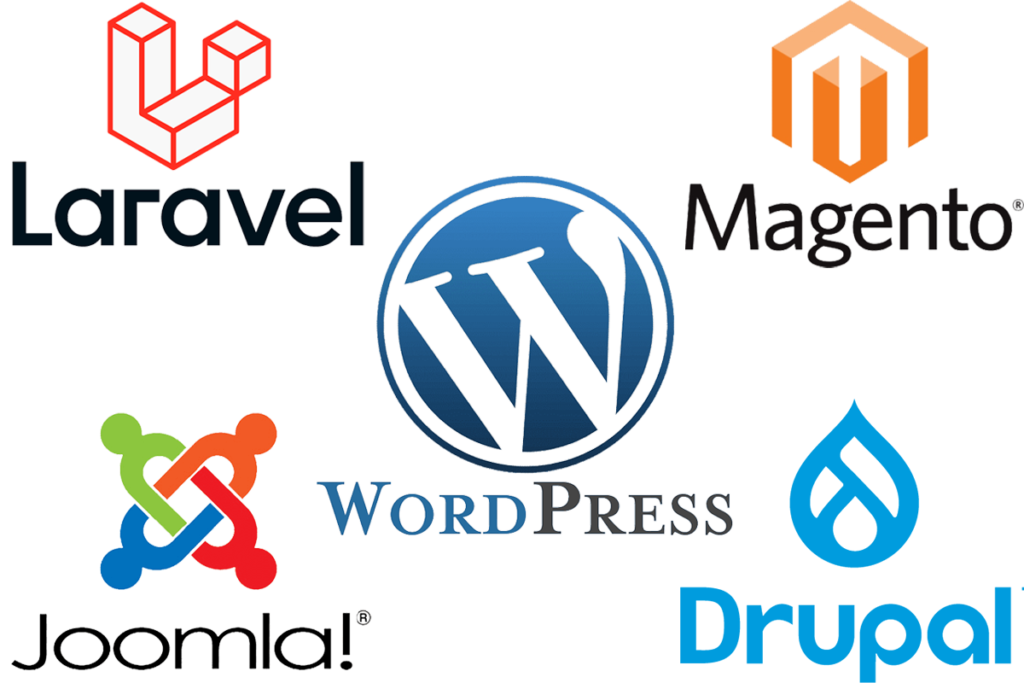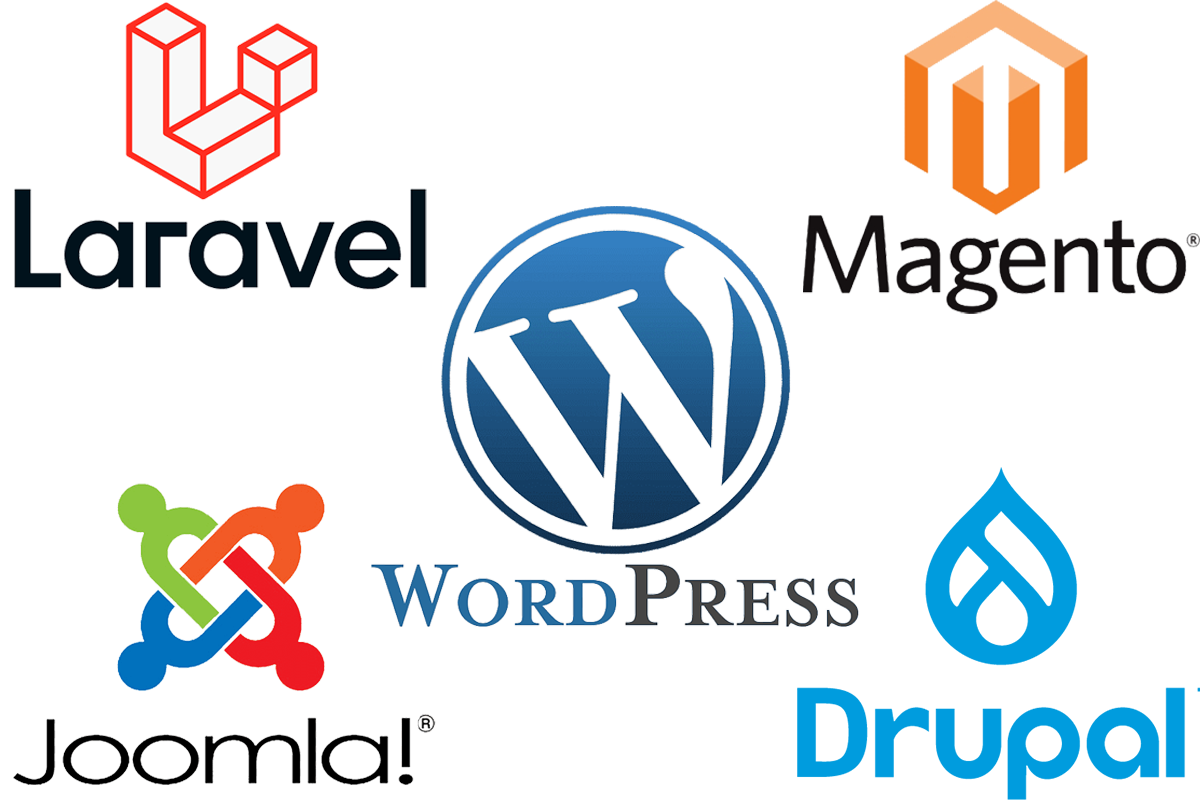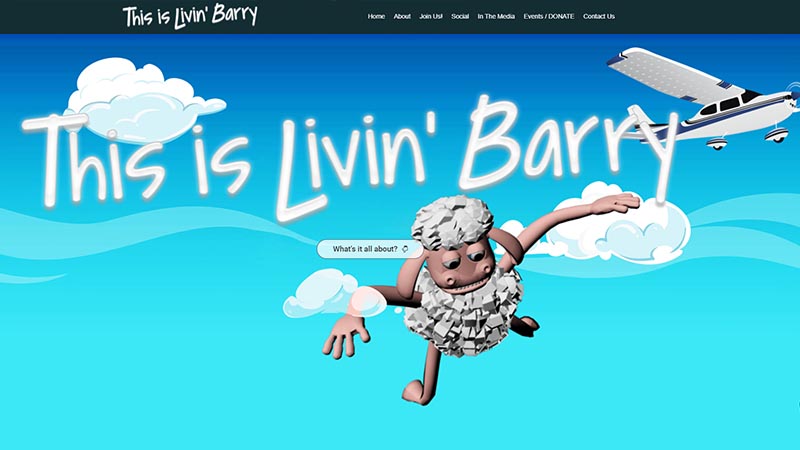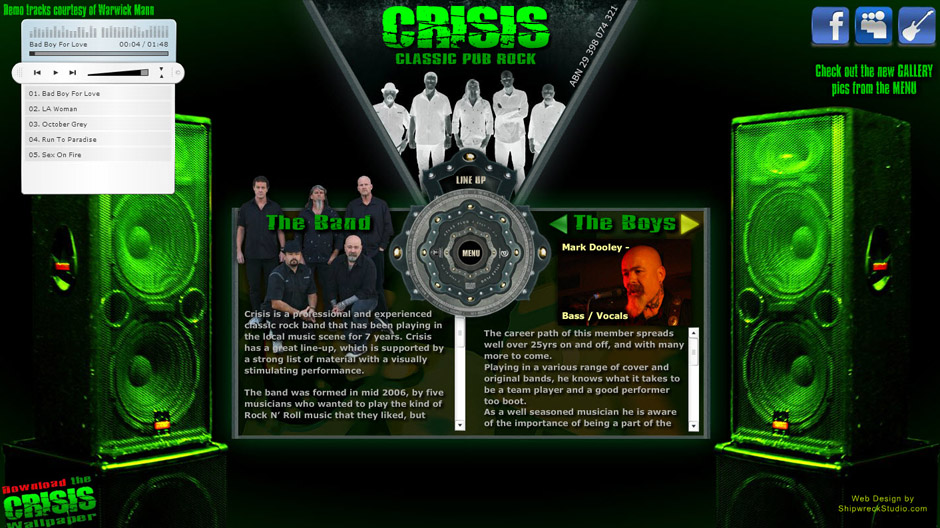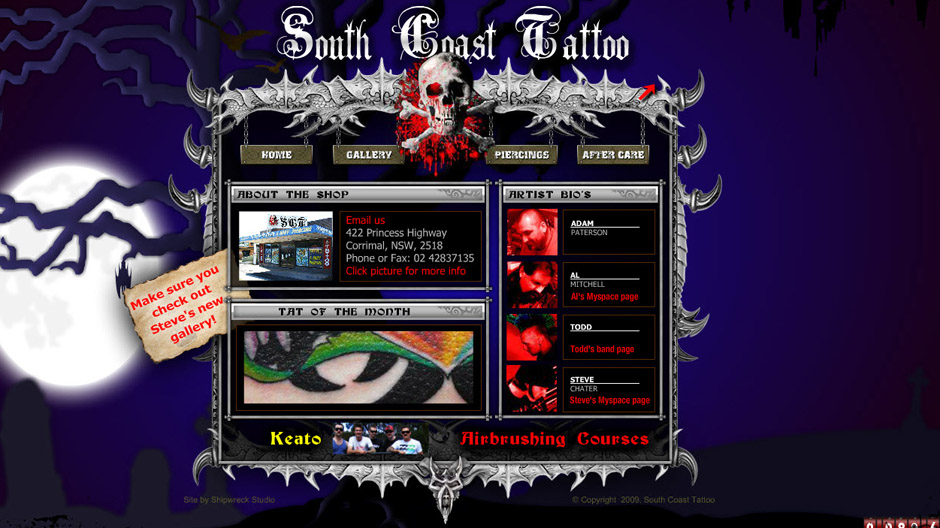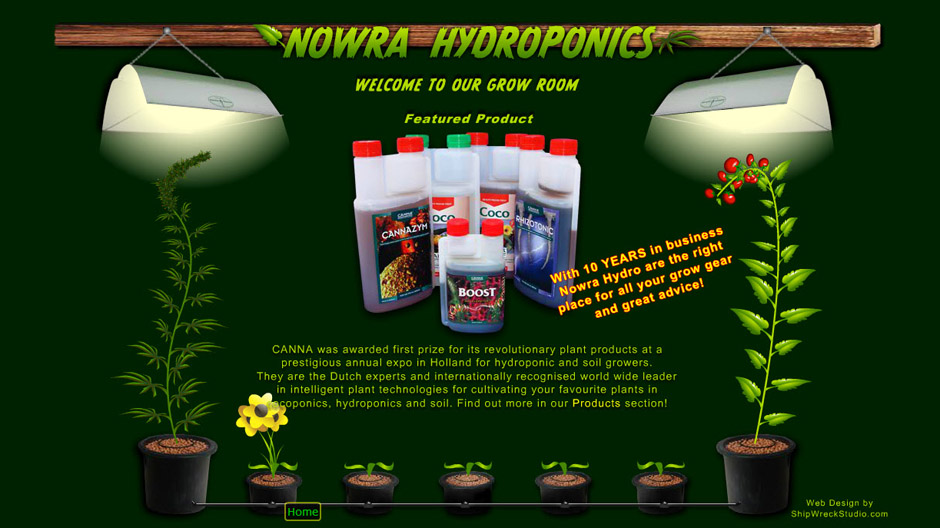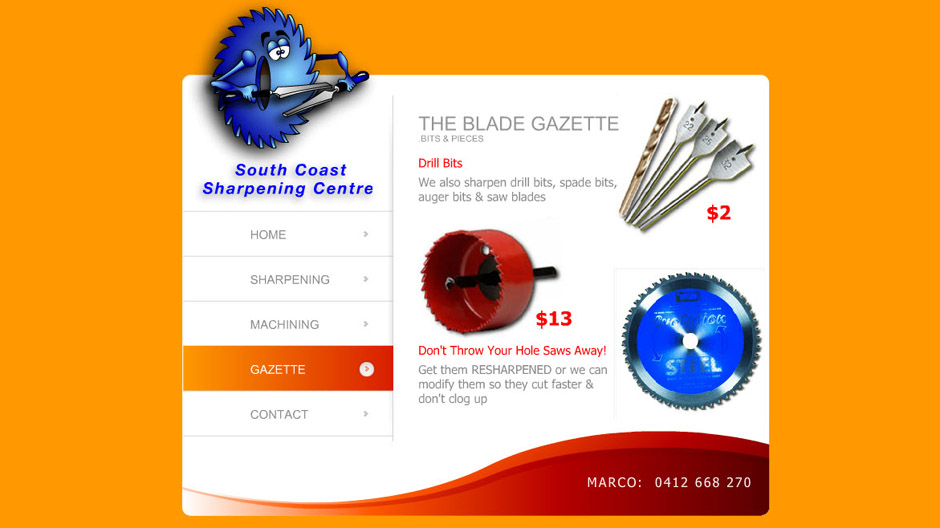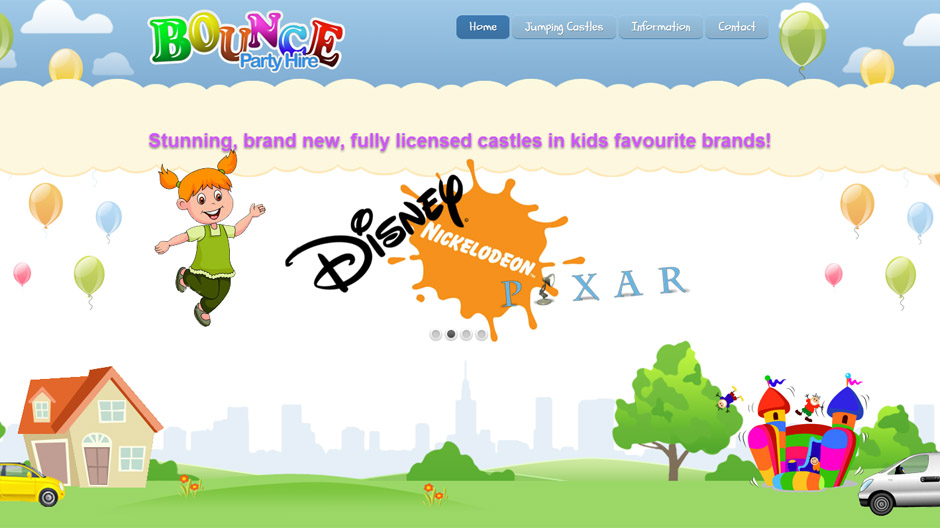Web Design
WordPress releases new “Speculative Loading” plugin for “Near instant load times”
The new “Speculation Rules” plugin released by WordPress is an innovative tool designed to enhance website performance through speculative loading. This plugin utilizes the Speculation Rules API to predict and preload pages that users are likely to visit next, effectively reducing load times by preparing the content in advance.
How the Speculation Rules Plugin Works
The plugin functions by leveraging browser capabilities to predict and fetch resources for likely future navigations. This is primarily done by pre-rendering links that users might click on. For instance, if a user is reading an article and there are links to related topics or the next part of a series, the plugin can preload these linked pages in the background. This speculative loading happens upon user interactions, such as hovering over a link, which signals potential interest in visiting that page.
Benefits of Speculative Loading
- Improved User Experience: Pages load almost instantaneously when users click on pre-rendered links, making navigation feel seamless and swift.
- Reduced Server Load: By intelligently preloading content, the server can manage resource allocation more efficiently, potentially reducing spikes in load and enhancing overall site stability.
- SEO Advantages: Faster page load times contribute positively to search engine optimization (SEO) since page speed is a factor in Google’s ranking algorithms. A smoother, faster site can lead to better engagement metrics, such as reduced bounce rates and longer session durations.
Use Cases in Web Development
Web developers, particularly those focused on creating high-performance WordPress sites, can integrate this plugin to provide a competitive edge. For businesses, this means delivering content faster to their users, which is crucial for maintaining engagement in our increasingly digital world.
Integration and Customization
The Speculation Rules plugin offers settings that can be customized according to specific needs. Administrators can configure which links should be pre-rendered based on likely user paths or high-priority content, tailoring the speculative loading to match user behavior patterns closely.
For web design and SEO agencies like Shipwreck Studio Wollongong, staying abreast of such technologies and integrating them into client websites is crucial. Implementing advanced tools like the Speculation Rules plugin not only enhances the end-user experience but also solidifies a website’s standing in competitive search rankings.
The introduction of speculative loading via this plugin reflects WordPress’s ongoing commitment to improving performance and user experience across its platform, which is vital as the web continues to evolve towards more dynamic and interactive user experiences.
For more detailed technical insights and potential implications for web design and SEO strategies, particularly in competitive areas like Wollongong, the full discussion on the plugin’s capabilities and use cases can be found on the official WordPress release notes and developer forums. Here’s a link to further explore the Speculation Rules plugin on the WordPress site: WordPress Official Plugin Page.
By leveraging such advanced technologies, Shipwreck Studio Wollongong ensures that its clients’ websites are not only visually appealing but also optimized for the best performance and user experience, keeping them at the forefront of digital innovation.
Comparing Popular Web Platform CMS’s: WordPress, Magento, Laravel, Drupal, and Joomla
Choosing the right content management system (CMS) is a crucial step in creating a website that caters to your specific needs. This article provides an easy-to-understand comparison of five popular CMS platforms: WordPress, Magento, Laravel, Drupal, and Joomla. With this knowledge, even those with little technical background can make an informed decision about which platform best suits their requirements.
1. WordPress
- Overview: WordPress is the most popular CMS globally, powering over 40% of all websites. It started as a blogging platform but has evolved into a versatile CMS, suitable for various types of websites.
- Pros:
- Extremely user-friendly, even for beginners
- Offers thousands of free and premium themes and plugins
- Has a large, active community for support and resources
- SEO-friendly out of the box
- Cons:
- Can become sluggish with too many plugins or complex themes
- Regular updates can sometimes cause compatibility issues
- Customization may be limited for advanced users without coding knowledge
- Best for: Bloggers, small to medium-sized businesses, and users seeking a user-friendly, easily customizable platform.
2. Magento
- Overview: Magento is an e-commerce platform designed for online stores. It offers robust features and flexibility for businesses of all sizes.
- Pros:
- Specifically built for e-commerce, with advanced features and functionality
- Highly customizable and scalable
- Large community and marketplace for extensions
- SEO-friendly
- Cons:
- Can be resource-intensive, requiring powerful hosting
- Steep learning curve for non-technical users
- Customization and development can be expensive
- Best for: Medium to large-sized businesses seeking a powerful e-commerce solution.
3. Laravel
- Overview: Laravel is a PHP web application framework rather than a traditional CMS. It provides a foundation for developers to build custom web applications and websites.
- Pros:
- Elegant and modern syntax for efficient coding
- Highly customizable and flexible for building custom applications
- Strong security features
- Active community and extensive documentation
- Cons:
- Not suitable for non-technical users
- Lacks out-of-the-box features compared to other CMS platforms
- Requires a skilled developer for customization and setup
- Best for: Developers and businesses seeking a customizable framework for building custom web applications.
4. Drupal
- Overview: Drupal is a powerful, open-source CMS known for its flexibility and security. It’s suited for more complex websites and larger organizations.
- Pros:
- Highly flexible and customizable
- Strong security features
- Scalable for large websites and organizations
- SEO-friendly
- Cons:
- Steeper learning curve for non-technical users
- Requires development expertise for customization
- Less extensive theme and module library compared to WordPress
- Best for: Large businesses, government organizations, and educational institutions requiring a robust and secure platform.
5. Joomla
- Overview: Joomla is a flexible and user-friendly CMS, positioned between the simplicity of WordPress and the complexity of Drupal. It’s suitable for various types of websites, including e-commerce and social networking.
- Pros:
- User-friendly interface with a balance of simplicity and power
- Extensive library of templates and extensions
- Strong security features
- SEO-friendly
- Cons:
- Limited support community compared to WordPress and Drupal
- May require some development knowledge for advanced customization
- Updates can sometimes cause compatibility issues
- Best for: Users seeking a more advanced alternative to WordPress without the complexity of Drupal.
Conclusion
Each CMS platform has its strengths and weaknesses, catering to different user needs and website types. When choosing the right platform, consider factors such as ease of use, customizability, scalability, security, and the type of website you plan to create. For beginners and those seeking a simple, user-friendly platform, WordPress is a popular choice. Magento is best suited for e-commerce websites, while Laravel is ideal for developers building custom applications. Drupal offers robust security and scalability for larger organizations, and Joomla provides a middle ground between WordPress and Drupal in terms of complexity and flexibility.
By taking the time to understand the differences between these popular CMS platforms, you’ll be better equipped to make an informed decision and select the one that best meets your needs and goals. Keep in mind that your choice of CMS will have a significant impact on the overall success of your website, so it’s important to weigh the pros and cons carefully before making a decision.
Regardless of the platform you choose, remember that regular updates, maintenance, and security measures are crucial for maintaining a healthy and successful website. Additionally, consider the long-term growth of your website or business, as you may need to scale or add new features over time. A CMS that can adapt to your evolving requirements will be a valuable asset in the long run.
Lastly, don’t hesitate to seek professional assistance if you’re unsure about which CMS is right for you or if you require help with setup and customization. Web developers and designers have extensive experience working with
NSW Department of Education – Wollongong University
A very deeply customised piece of heavy custom coding. We devised and refined all sorts of automated systems and servers for this installation. It references several APIs, we wrote code to connect several systems and servers both inside and outside of the University. On tech stacks we are happy to discuss in person in an extremely high security environment
This Is Livin’ Barry
This Is Livin’ Barry is an excellent example of Shipwreck Studio’s Pro Bono work. We offer completely FREE web/digital/graphic/hosting/SEO work at no charge from time to time for Charities and Non-Profits based solely at our discretion after evaluating your non-profit.
Crisis Rock Band
Crisis Rock Band were looking for a web presence that venues, promoters & punters alike were able to see who they are, what they do & listen to a little of their music on the page.
At the same time the front page had to announce upcoming gigs, the band can log in to the page and update the gig dates as they please to keep fans up to date.
The site was custom coded in Flash & Actionscript (we no longer design in this technology due to recent issues with only Apple branded mobile devices)
South Coast Tattoo
Custom built by us way back in 2007, intentionally dark and freaky to give a cutting edge to a tattoo business. This design was way out there at the time 🙂
Hydro Shop
A 100% custom in-house project. This Hydro Shop web page showcases our custom graphic design and Actionscript programming. All graphics started as photos of the hydro shops actual products and was heavily cleaned/edited in-house. Then we carefully designed the swinging/illuminating lights, flower pot menu system, and heavily customised software generated growng/maturing plants that evolve as you browse the site!
South Coast Sharpening
The client required a new logo design, business cards, letterheads, an entire new image. We did everything from the ground for their complete rebranding.
The site was custom coded in Flash & Actionscript (we no longer design in this technology due to recent issues with only Apple branded mobile devices)
Bounce Party Hire
Meeting a design brief of “Happy Kiddy Funtime”, we made this website a little animated and interesting to appeal to kids and parents alike. With dedicated Mobile device layouts loading different clean & fitted versions automatically for tablets and phones this page is a great little custom job for a Wollongong Small Business.
Kazzajazz
A dance school site showcasing a revolving panorama display of their students which is touch screen sensitive and optimized for desktops, tablets & phones. The panorama was flawlessly photoshoped from many individual photos into one endless revolving scene in-house by Shipwreck Studio.
Another beautiful HTML5/CSS3 custom site with extra features like an event calender that the students regularly refer to for school information.
The site also works particularly well as a prospecting tool capturing the imagination of potential new students that browse it, by giving the school a highly polished and professional web presence.
Click through to Kazzajazz.com now and take a look around!

Shipwreck Studio PTY LTD
25/2 Burelli St
Wollongong 2500
Australia | ABN 95762680527
Copyright © 2023 Shipwreck Studio PTY LTD. All rights reserved.


